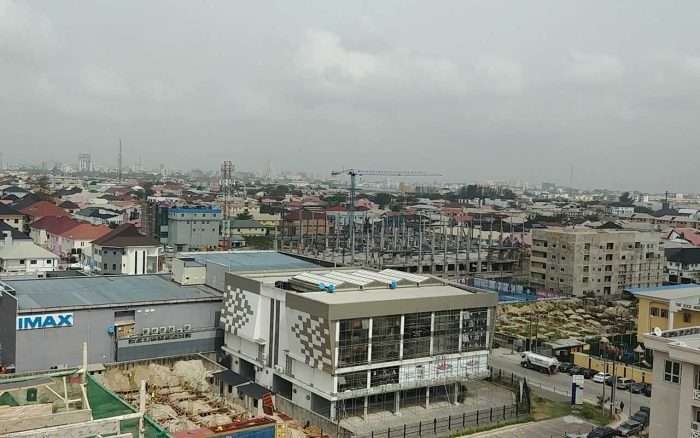In Nigeria’s evolving real estate landscape, Generation Z is emerging as a powerful force, dramatically altering traditional homeownership models.
As these young adults enter the workforce with fresh perspectives and distinct priorities, their preferences are reshaping the design and development of both residential and commercial properties, particularly in urban centers like Lagos.
Amid economic fluctuations and market dynamics, the real estate sector is witnessing a transformation driven by Gen Z’s unique characteristics. With projections from the World Bank indicating that Africa’s population of youth aged 15-24 could reach 500 million by 2080, Nigeria—home to the continent’s largest population—is poised for significant changes. By 2100, the working-age population (ages 25-64) is expected to peak at around 1.5 billion, offering the potential for accelerated economic growth if these individuals are equipped with proper education and skills.

While global trends show that Gen Zs typically purchase their first homes around 24-25 years old, economic constraints in Nigeria have led many to explore smaller properties, installment land holdings, and cooperative housing schemes. This generation is eager to enter the homeownership market, leveraging innovative financial solutions, including digital payment platforms and rent-to-own schemes.
Characterized by their tech-savviness, social consciousness, and individualism, Gen Z emphasizes sustainability in their housing choices. Their heightened awareness of climate change is prompting developers to integrate eco-friendly features into new properties, such as energy-efficient appliances and renewable energy sources.
READ ALSO: Australia- Homeownership, homelessness and housing supply
Experts report a marked shift in home design preferences, with Gen Z favoring flexible, multi-functional spaces that accommodate their dynamic lifestyles. Urban locations with vibrant communities and convenient access to amenities are also high on their list. While many may not yet possess the purchasing power of older generations, they are using modern financing tools to break into the property market.
Mr. Sola Enitan, a fellow at the Nigerian Institution of Estate Surveyors and Valuers (NIESV), notes that the commercial real estate market is also feeling the impact of Gen Z’s demands. The rise of online property portals and digital payment platforms has revolutionized how property transactions occur, making the process faster and more transparent. Gen Z prefers to explore properties online before committing to physical visits.
Furthermore, their appetite for flexible workspaces has led to a surge in co-working environments, prompting developers to prioritize technology integration and sustainability in office designs. Rather than large, extravagant homes, this generation leans towards affordable, functional, and minimalist living spaces, influencing developers to optimize smaller homes equipped with smart technology.
The trend toward sustainability is reshaping construction practices, with a growing focus on energy-efficient designs and renewable energy sources in urban areas. While financial constraints may delay some Gen Z individuals from homeownership, their digital proficiency allows them to navigate the real estate landscape effectively, seeking opportunities through mobile technology.
Past Chairman of NIESV Lagos branch, Dotun Bamigbola, emphasizes that Gen Z’s education and exposure have fueled their interest in quality commercial real estate, including co-working spaces and short-let apartments. Their increasing liquidity has made them formidable players in the market, often viewing homes as investment opportunities.
Kenny Nwankwo, President of the International Real Estate Federation (FIABCI) Nigeria chapter Young Member Council, highlights the growing interest in co-working spaces and flexible leases, reflecting their evolving work patterns. He notes that while many Gen Z individuals are not yet purchasing homes in large numbers, their influence on the rental market is unmistakable, particularly in urban centers.
As Nigeria’s youth population continues to expand, addressing their economic realities through policies that promote affordable housing and mortgage reforms will be essential. Nwankwo advocates for reducing financial barriers for first-time buyers and streamlining property transactions to align with Gen Z’s tech-savvy nature.
In summary, Generation Z is not only challenging traditional homeownership norms but is also steering the real estate sector towards a more sustainable, flexible, and tech-driven future.




